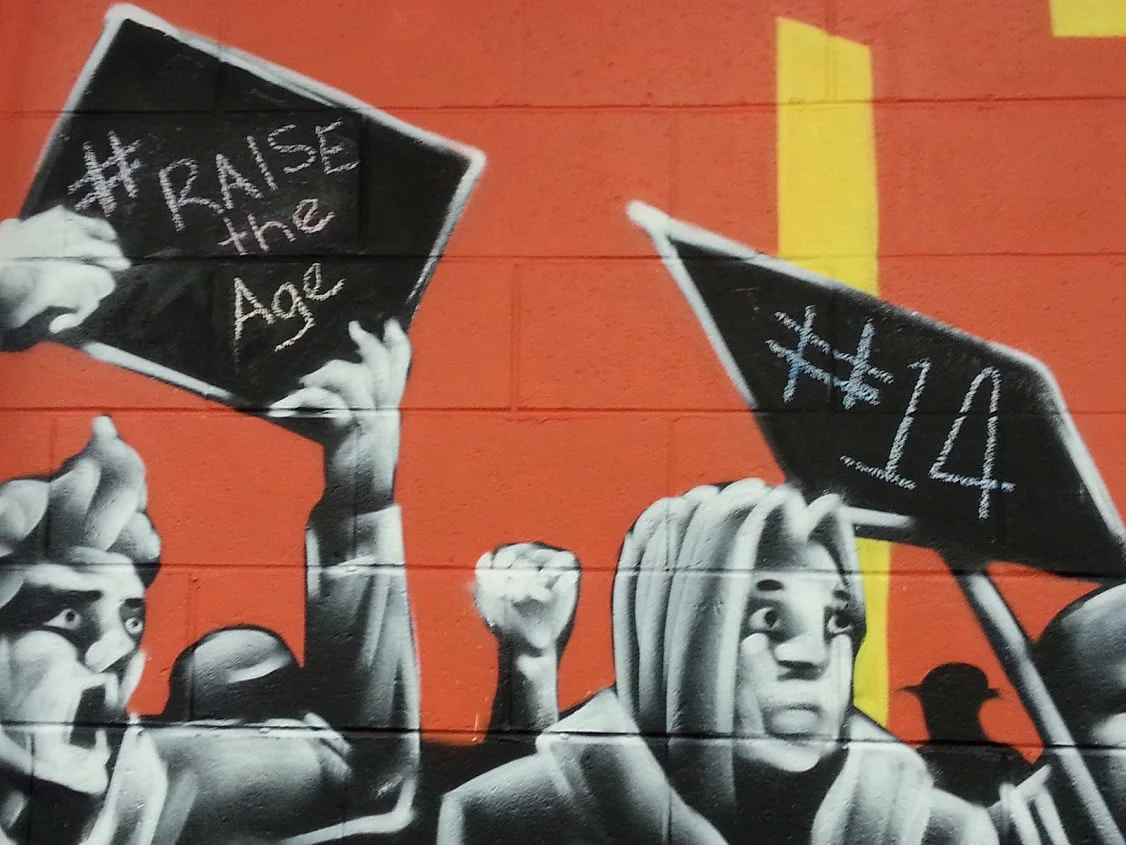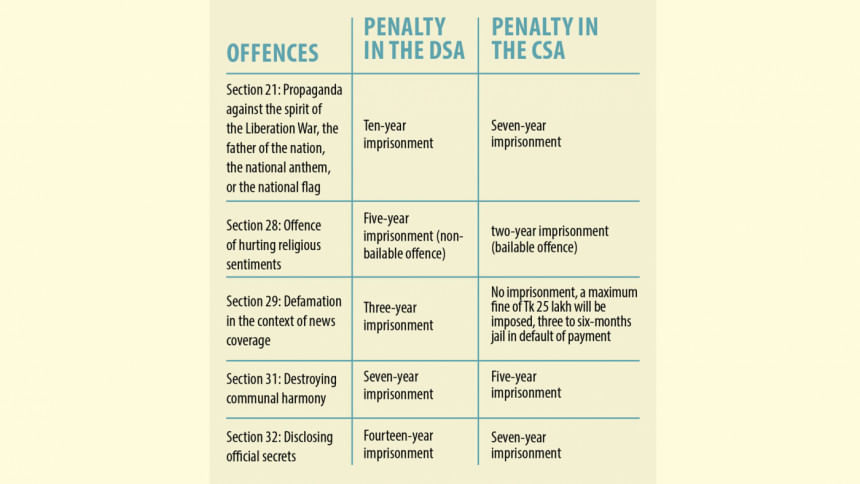Minimum age of criminal responsibility: A Quandary
Editorial
Against multiple sensational crimes involving the juveniles, recommendations at times are put forward to amend the Children Act, 2013, among others, to lower the age limit that qualifies an individual as juvenile. In this piece, I argue that lowering the minimum age of criminal responsibility would potentially undermine the main purpose of the 2013 Act that makes specific reference to the United Nations Convention on the Rights of the Child (UNCRC) and is expected to uphold the Convention's spirit.
Article 1 of the UNCRC considers any individual below the age of 18 years as a child. Section 4 of the Children Act aligns with international standards by categorising individuals under 18 as juveniles. However, in Bangladesh, the minimum age of criminal responsibility remains 9 years, as per section 82 of the Penal Code, 1860. This is below the minimum age of criminal responsibility (12 years or higher) as recommended by the United Nations Committee on the Rights of Child (UNCRC).
The determination of age is an important starting point that decides jurisdiction and other procedures to be followed in a court of law trying juveniles. According to section 20 of the Children Act, the offender's age at the time of the offense will determine whether that person shall be dealt with under this Act or not. Whenever any juvenile commits a heinous crime punishable with death or imprisonment for life, the Children's Court may mandate detention of the juvenile in a Child Development Centre (CDC) for up to 10 years. If a juvenile offender is still on trial when she/he becomes 18, the CDC authorities can send her/him to jail with the Court's approval. However, such offenders are to remain separated from the convicted and the undertrial offenders.
The separation of the general criminal justice system from the juvenile justice system itself marks an essential feature of the Act. The former follows a deterrent approach which is inappropriate for juveniles with insufficient physical and mental maturity to take responsibility for their crimes. Deterrent approach tries to instill fear of consequences to prevent crimes. The socio-economic backdrop of a juvenile committing a crime gets ignored in the process. Such strategy may stigmatise the juveniles, whereas restorative approaches can allow the delinquent juvenile to own up to their circumstances and behavior, take responsibility for the actions, and learn from their lived experiences.
Presently, the Children Act ensures punishment while separating judicial procedures and facilities, which improves the possibility of rehabilitation, while preventing them from becoming threat to the society. The Beijing Rules provide that states should appraise the facts of emotional, mental, and intellectual maturity and abstain from setting age limit too low. The UNCRC places an obligation on the states to ensure the survival and development of the children to the maximum extent possible. Lowering the threshold of age by amending this Act would result in retributive justice rather than restorative and reformative justice. This would defeat the very purpose of saving the juveniles from getting tangled up in the maze of criminal justice system.
Exceptional instances and public pressure shouldn't lead to counterproductive criminal justice tactics. The Beijing Rules allows states margin of appreciation to make special provisions for grave offenses. Countries like the UK, Australia, and the US have done so without compromising the minimum age threshold. Such an approach might be appropriate instead of lowering the threshold of age which may affect a larger section of juveniles negatively as well as disproportionately. A balance between accountability and rehabilitation is essential, considering broader societal welfare.
Source : Daily star









No comments